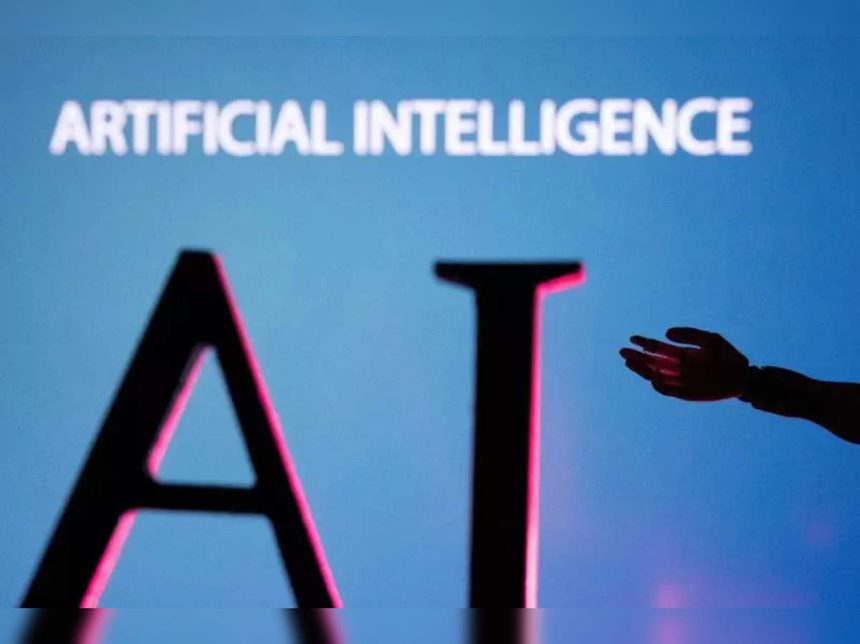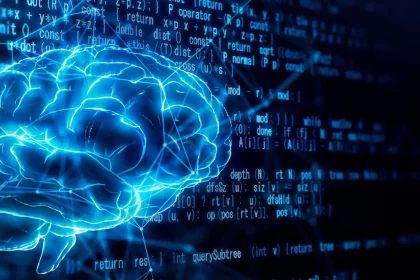Artificial Intelligence (AI) is all around us, often working behind the scenes, making our lives more convenient and efficient. AI is a revolutionary force that has been reshaping our world in ways previously unimaginable. AI is a multidisciplinary field that combines elements of computer science, mathematics, and domain-specific knowledge. However, to embark on a successful career in AI, one must acquire a set of specific skills. To pursue a career in AI and its promising future, here are the important skills required:
1. Programming and Coding:
“One of the foundational skills for a career in AI is proficiency in programming and coding. You need to be comfortable with languages like Python, TensorFlow, PyTorch, and scikit-learn. Python is particularly popular in AI due to its extensive libraries and easy-to-learn syntax. Additionally, knowledge of other languages such as C++ and Java can be beneficial, depending on the specific domain of AI one chooses to work in,” Dheeraj Malhotra – India Head of Data & AI Practice, Insight said.
2. Mathematics and Statistics:
Building intuition in Math and Statistics is important. Beyond coding and mathematical maturity in linear algebra probabilities and calculus, these programming languages allow to implement machine learning models and algorithms. These concepts come up repeatedly when developing AI systems. One needs to grasp these concepts to design and implement AI models effectively.
3. Machine and Deep Learning:
Machine learning is at the core of AI. Understanding algorithms for machine learning (ML) techniques like regression, clustering, and neural networks is imperative.
In India, IITs offer robust foundational courses. For example: IIT Madras provides an MTech program in AI and Machine Learning, IIT Bengaluru offers a PG diploma in AI and ML, and ISI Kolkata presents an MTech program in AI and Data Science.
“Familiarity with deep learning frameworks like TensorFlow and PyTorch is essential for working on complex AI projects. Neural networks have driven remarkable breakthroughs in AI, especially in areas like image recognition, natural language processing, and robotics,” Dheeraj Malhotra of Insight said.
5. Natural Language Processing (NLP):
Proficiency in NLP, which involves working with textual data, including tasks like sentiment analysis, language translation, and chatbot development. One needs to understand concepts like word embeddings, sequence-to-sequence models, and sentiment analysis techniques.
6. Data Management and Data Science:
AI requires large volumes of data for training and testing. You need to be proficient in data collection, storage, and manipulation. Skills in database management and data preprocessing are crucial for managing the data that powers AI models. A grasp of data ethics and privacy is also vital in today’s data-driven world as AI professionals often need a strong understanding of data science, including statistical analysis, hypothesis testing, and experimentation.
A career in AI is both challenging and rewarding. To excel in this rapidly evolving field, one must continuously update and expand their skill set. As AI continues to progress, it also presents challenges and ethical considerations. These include concerns about data privacy, bias in AI algorithms, and the impact on the job market. Addressing these issues will be essential in ensuring that AI remains a positive force in our society.
By mastering programming, mathematics, machine learning, and domain-specific knowledge, and by developing strong problem-solving and communication skills, candidates can position themselves for success in the exciting world of AI. The future of AI is promising and those with the right skills and dedication can play a significant role in shaping it.



